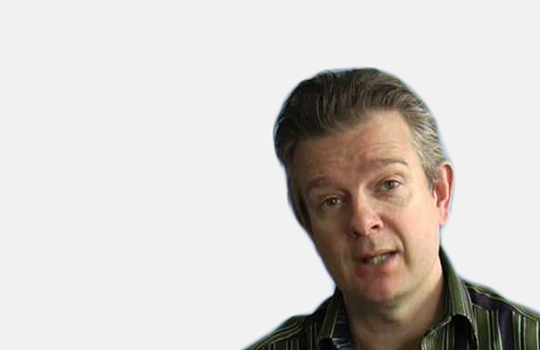According to the historian Tony Judt, the Red Army, after raping and brutalising its way across Europe in the closing stages of the Second World War, left behind, in Germany alone, somewhere between 150,000 and 200,000 “Russian babies.” These figures, he writes, “make no allowance for untold numbers of abortions, as a result of which […]
Julian Sheather and Vivienne Nathanson: Todd Akin, rape, and “doctors”

